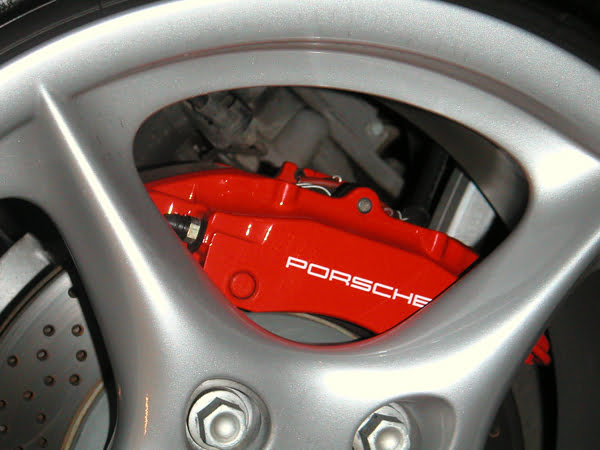How long do brake pads last? Uncover the lifespan of your vehicle’s essential components. Explore factors influencing brake pad longevity, driving habits, and proactive maintenance. Get expert insights to ensure optimal safety and performance on the road.
Brake pads are a fundamental element of your vehicle’s safety system, playing a crucial role in ensuring effective braking performance. Understanding the lifespan of brake pads is essential for maintaining optimal safety and performance. In this article, we’ll delve into key points that determine how long brake pads last and when it’s time for replacement.
How long do brake pads last? It Depends on Your
Driving Habits:
One of the primary factors influencing brake pad lifespan is your driving habits. Frequent hard braking, abrupt stops, and aggressive driving can accelerate wear on brake pads. Conversely, smooth and controlled driving helps extend their lifespan. How long do brake pads last? Well, that depnds on how you drive.
How long do brake pads last? It Depends on the
Material Composition:
The three primary types—organic, semi-metallic, and ceramic—present motorists with choices that go beyond mere compositional differences.

Organic Brake Pads: Composed of organic materials like rubber, glass, and resins, organic brake pads are known for providing a quiet and smooth braking experience. While they are often more affordable, their lifespan tends to be shorter compared to other materials. Organic pads are well-suited for everyday commuting and light-duty vehicles.
Semi-Metallic Brake Pads: Crafted from a blend of metals such as copper, iron, and steel, semi-metallic brake pads strike a balance between performance and longevity. These pads offer improved heat dissipation, making them suitable for more demanding driving conditions. Semi-metallic pads are commonly found in mid-range and performance-oriented vehicles.
Ceramic Brake Pads: Ceramic brake pads stand out as the premium option in terms of longevity and performance. Comprising ceramic fibers, non-ferrous materials, and bonding agents, they exhibit excellent heat resistance and generate less dust, resulting in cleaner wheels. While ceramic brake pads come at a higher upfront cost, their extended lifespan often translates into a cost-effective choice over time.
How long do brake pads last? It Depends on the
Vehicle Type:
The type of vehicle you drive also plays a role in brake pad lifespan. Heavier vehicles, such as SUVs and trucks, exert more force on the brakes, leading to faster wear. Regularly checking and servicing brake pads is especially crucial for larger vehicles.
How long do brake pads last? It Depends on the
Quality of Brake Pads:
The quality of brake pads is a significant factor in determining their lifespan. High-quality brake pads typically last longer and provide better performance than cheaper alternatives. Investing in reputable brands and quality materials pays off in terms of durability. How long do brake pads last? Are you a cheapskate or do you buy quality parts?
How long do brake pads last? It Even Depends on
Environmental Factors:
Environmental conditions can impact brake pad wear. Driving in areas with frequent stop-and-go traffic, steep terrain, or harsh weather conditions can contribute to accelerated brake pad wear. Regular inspections become crucial in such environments.
How long do brake pads last? It Depends on Your
Brake Fluid Condition:
Warning Signs:
Paying attention to warning signs is crucial for timely brake pad replacement. Squeaking or squealing noises, reduced braking efficiency, or a pulsating brake pedal are indicators that your brake pads may be reaching the end of their lifespan. How long do brake pads last? Are you the type of person who pays attention when their check engine light is flashing?
Manufacturer Recommendations:
So, how long do brake pads last? The Conclusion:
In navigating the question of how long brake pads last, it’s essential to consider a conservative timeframe that aligns with prudent vehicle maintenance. On average, quality brake pads can last anywhere from 30,000 to 70,000 miles, but this estimate is influenced by various factors such as driving habits, vehicle type, and environmental conditions. To err on the side of caution, a general guideline suggests checking and potentially replacing brake pads every 40,000 miles.

